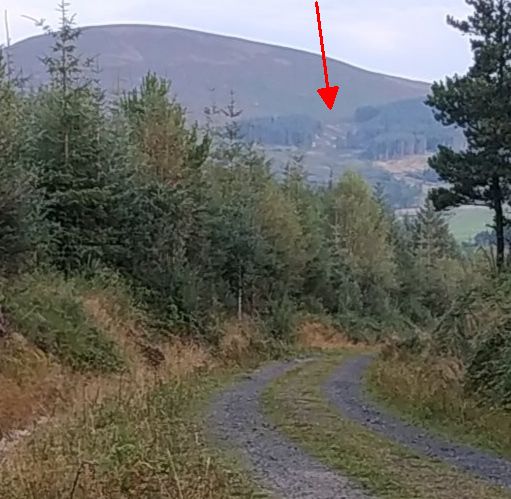A large part of my post-graduate education was the formal study of ecology: the complex tangle of interactions and inter-dependencies in the living world. We talk about food-webs nowadays rather than one-dimensional food chains because, on occasion, top predators are partial to a locust or two, or even a bit of grass. But Kurlansky indicates how little I know about what makes the world pulse or what causes one species to drift off-stage . . . forever. By extension, to the nearest whole number, even professional ecologists know <nothing> about the role played by a given species; let alone what other species impact on its life.
Take logging. Forests served a vital role in the life-cycle of salmon:
- Their roots retained the soil when it rained in winter, minimizing the fine silt that entered the salmon-run rivers. No silt meant that the up-stream gravel beds were more easily exposed for the female salmon to prepare the redd in which to lay eggs. The fertilised eggs had to sink into the interstices of the gravel or be dinner for birds, frogs, caddis-fly larvae and other fish.
- Fallen trees created pools where salmon could pause for a breather in their foodless fight upstream to spawn
- The trees shaded to river from the beat of Spring sunshine and kept temperatures low. More oxygen dissolves in cold water to give the salmon muscles the oomph to carry on.
- The forest supported a wide variety of insects, the eggs and larvae on which the young hatchlings start to feed to fuel their journey back to the sea
- The roots lose hold on the banks, so the river straightens out and runs faster; which is good for fluming the logs downstream. Nevertheless the logs are felled in Winter and typically stockpiled inland until snow-melt gives the water depth and impetus to carry the harvest down stream to the sawmills. Which is just the time the poor salmon are fighting upstream against the traffic. And did I mention saw
millsdust? A highly organic waste-product which is dumped in the river where bacterial degradation sucks all the oxygen out of the river. - You are likely one of the 40 million people who have bought into the NatGeog wolves change watercourses just-so-story
- Take it with a pinch or three of salt [debunkarama]
- But you get the idea. The great salmon rivers (Columbia, Fraser, Snake) of the Pacific Northwest have been straighten and dredged to facilitate commerce in ships - Lewiston, Idaho is a seaport 500km from salt-water!
- No trees; no shade. No trees; different insects. No trees; no topsoil. It takes a long time to wash the silt down-stream to expose the river gravels again.
Tree-huggers, like you and me might have an unthinking affection for clean blue hydro-power. So does FAANG, they site their server-farms right next door. Once you start using electricity it's hard to cry hold enough. More demand requires more damn dams. For more than 100 years, planning permission for new dams has been contingent on allowing migrating fish to by-pass the obstruction. Part of the budget accordingly went towards incorporating fish-ladders but neither the power-company nor the industries and services there-dependent, in their rapacious souls, gave two toot-toots about salmon. Fish & Wildlife Services, let alone distant [first-nations] fisher-folk had a very small voice and short pockets compared to Big Power.
I could go on [and on]. I could fill in the details. But this map review is not the territory. Ya have to read this book, even if you're not a piscatarian. It's not fun but we really need to reset our base-lines. In Ireland Salmon is Salmo salar [the salmon that leaps] but there's many more species in the Family: broadly Salmo in the Atlantic, Onchorhyncus in the Pacific. Here's a list, not least because the common names are so evocative of A River Runs Through it.































